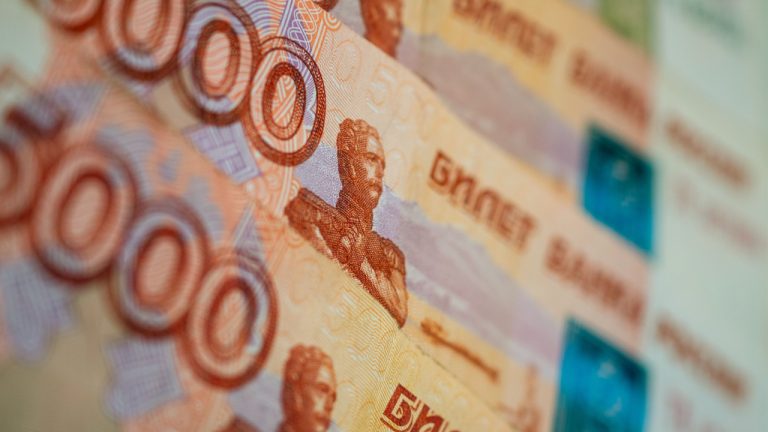Bank of Russia Predicts Digital Ruble Won’t End Other Payment Methods

The Central Bank of Russia does not expect the introduction of the digital ruble to end the popularity of other non-cash and cash payment options. According to statements offered by Alla Bakina, director of the bank’s national payment system department, other non-cash payment options have reached over 80% of the total payment transactions in Russia.
Bank of Russia: Digital Ruble Won’t Sideline Other Payment Options
The Central Bank of Russia does not expect individuals and institutions to suddenly drop their payment options in favor of the Russian central bank digital currency (CBDC), the digital ruble.
According to statements made on a recent webinar by Alla Bakina, director of the bank’s national payment system department, non-cash payments using instruments different from the digital ruble have a significant share in the total number of payment transactions in Russia.
Quoted by news agency Interfax, Bakina stated:
I don’t think that we’ll abandon noncash payments, because the share of noncash transactions [in Russia] has now already exceeded 80%.
Furthermore, Bakina explained that the digital ruble’s objective was to offer more payment options to the public. She stressed:
I think that we should have all options, the most diverse instruments – cash and cards and just bank accounts, and digital accounts, and mobile apps and pay services, because then competition is created among them.
She also referred to the number of payments the citizens will make using the digital ruble, stating that there will be no limits.
Cash Still Relevant
Bakina also referred to cash payments, explaining that some people are accustomed to using cash. Also, some situations only permit using cash use for payments.
Bakina’s statements are consistent with declarations from other officials of the Bank of Russia. Last month, the governor of the Bank of Russia, Elvira Nabiullina, stated that cash was not going away anytime soon, adding that “people should be able to choose how to make payments.”
The development of new banknotes is underway, with a 1,000-ruble bill being designed.
The digital ruble is being tested in a pilot that started last August and includes 13 banks prepared to be part of this process. In October, Nabiullina offered an update on the pilot progress, stating that everything was going as planned and detailing it would be expanded next year, with more participants and use cases projected to be tested in 2024.
What do you think about the digital ruble and its relation with other payment options in Russia? Tell us in the comment section below.
